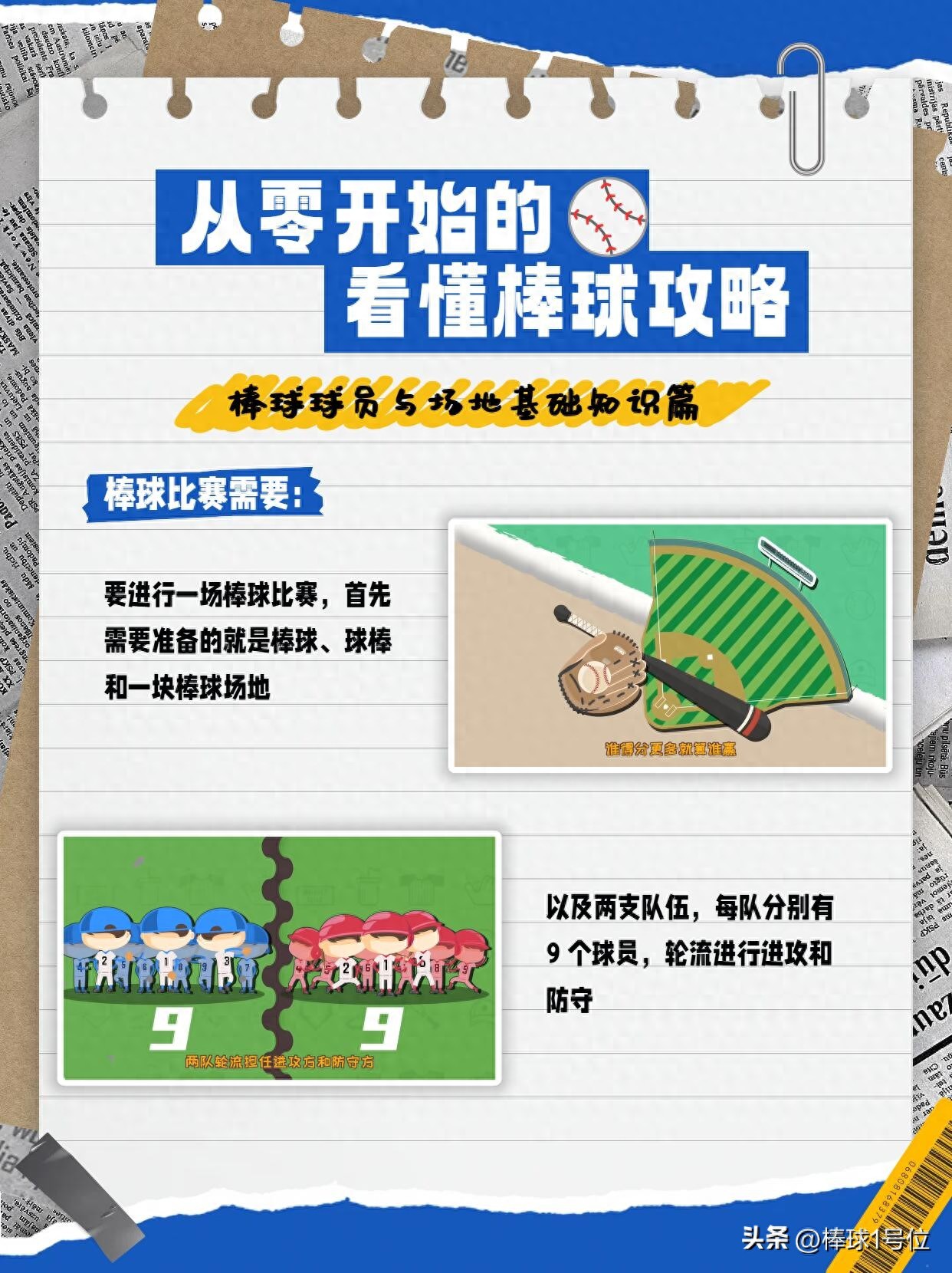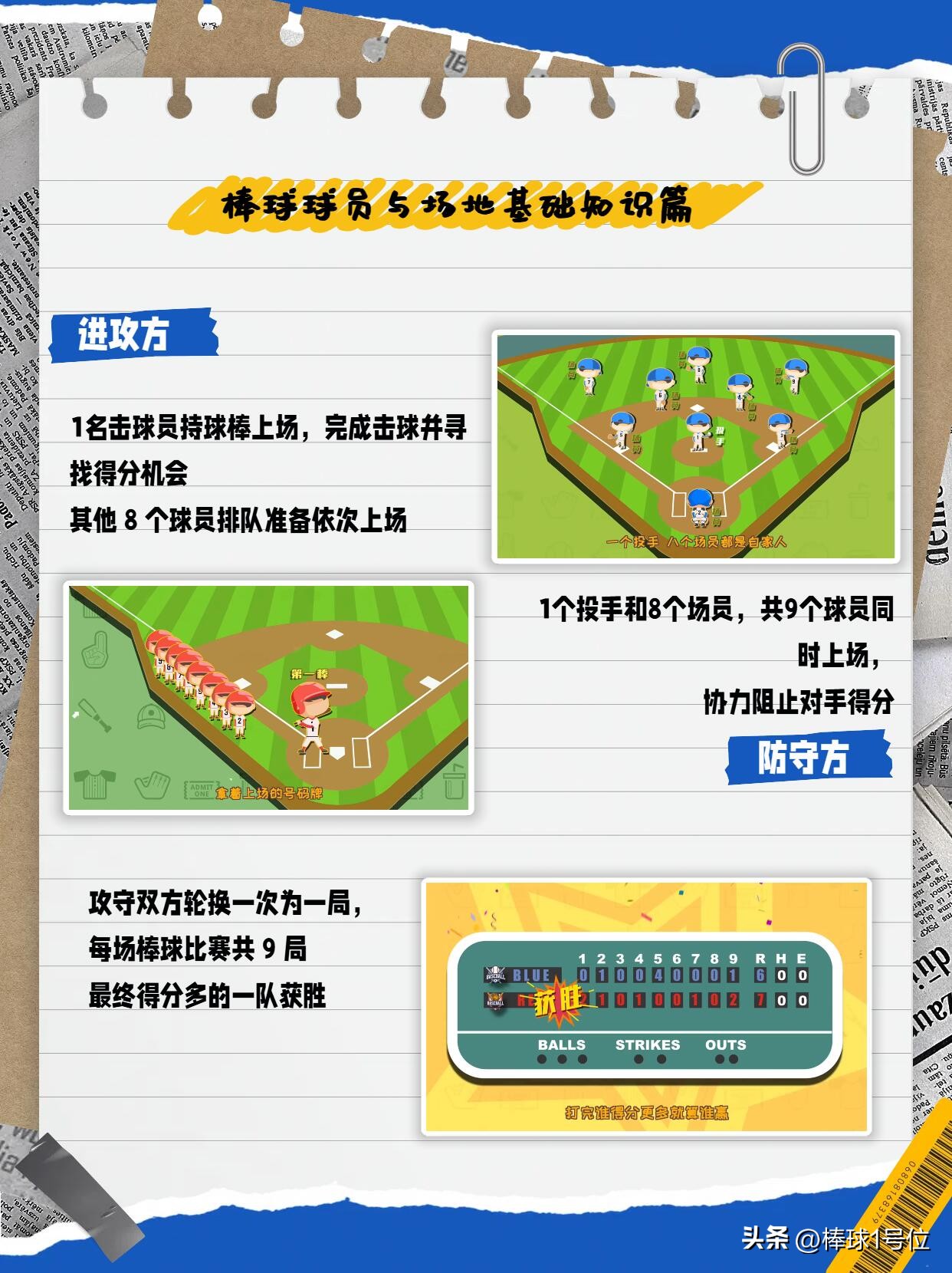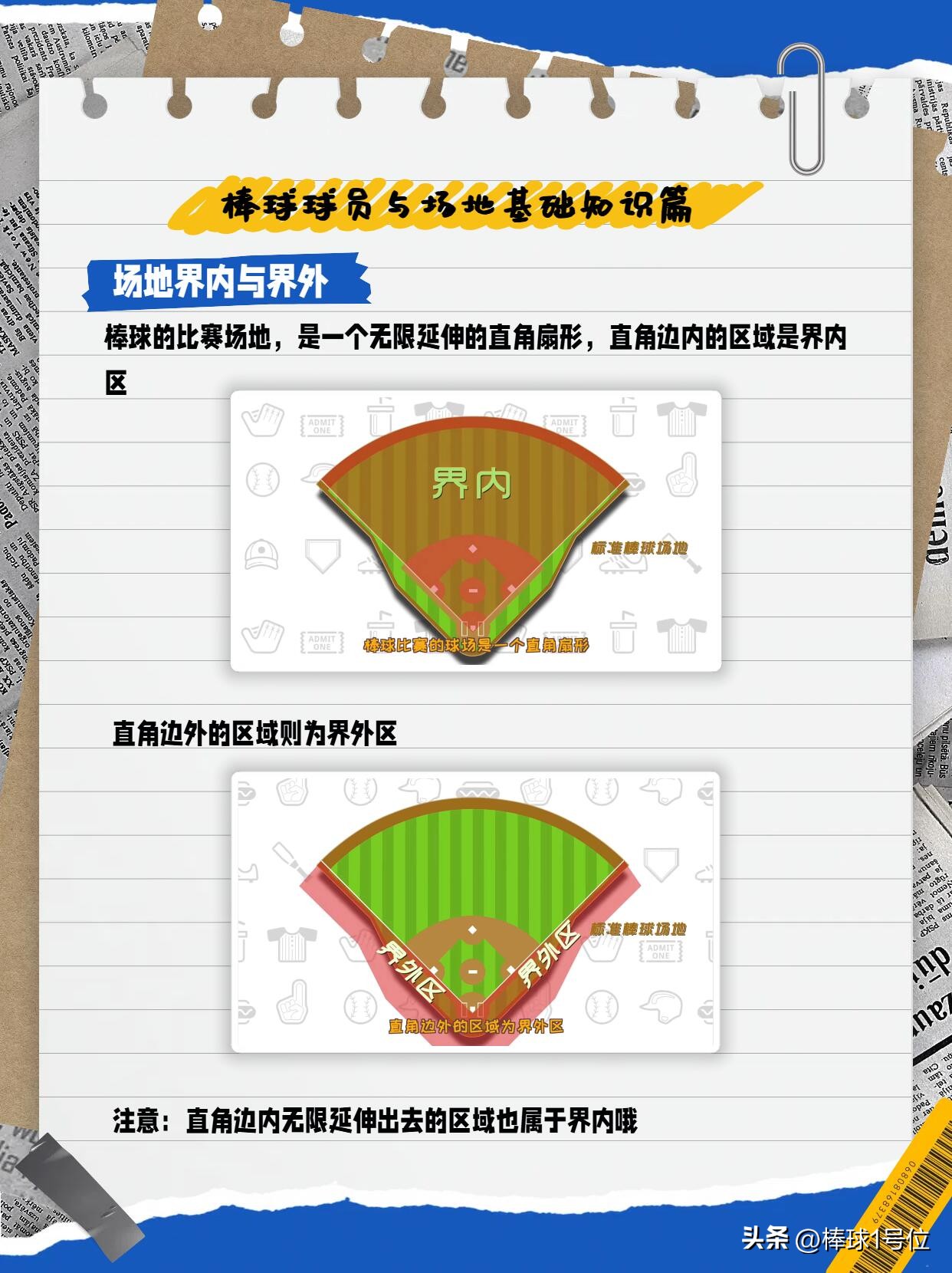Sports baseball No. 1 position suitable for elementary school students
Baseball is a fun and suitable sport for elementary school students, which can not only exercise the body, but also cultivate a comprehensive range of literacy. The following is introduced from the three dimensions of health, behavioral habits and mindset growth:

Health benefits
Improve physical fitness
Coordination: Actions such as catching the ball, swinging the bat, and running the base require hand-eye coordination and whole-body cooperation to promote the development of the nervous system.
Endurance and strength: short-distance sprints and baseruns to exercise explosiveness, pitching and swinging bats to enhance upper body strength, and long-term training to improve cardiopulmonary function.
Sensitive response: Quickly judge the direction of the incoming ball and instantly decide the running route, which can improve the reaction speed and spatial perception.
Prevent health problems
Outdoor exercise can help relieve eye fatigue and reduce the risk of myopia; Team activities reduce reliance on electronic devices and improve sedentary habits.

Behavioral habit development
Rule-awareness and discipline
Baseball has clear rules of the game (e.g., e.g., e.g
During training, you need to follow the coach's instructions and develop the habit of being punctual and lining up in an orderly manner.
Ability to work as a team
When defending, teammates need to fill in the position, and when attacking, they rely on the batter and the runner to score points, so that children can learn to trust others and cooperate in the division of labor.
Responsibility and focus
Each position has unique responsibilities (e.g., pitcher control, catcher commanding defense) to develop a focus on the task.

Mindset growth value
Anti-frustration education
Hitting failures and defensive mistakes are the norm in baseball games, and children gradually learn to accept imperfections and learn from their mistakes.
Through repeated practice, students will improve their skills and understand the positive relationship between "hard work and progress".
Strategic thinking and decision-making
Judging whether to swing a bat, choosing the right time to run the base, etc., requires quick thinking, and exercises the ability to analyze calmly and make decisive decisions.
Etiquette and character edification
Traditional etiquette such as bowing before and after the game, and thanking the referee to cultivate the character of respecting the opponent and thanking the team.
Do not be arrogant or impatient when you win, encourage each other after defeat, and shape a positive and optimistic sportsmanship.

Lower School (6-8 years old): Beginners start with soft baseball (T-ball), use the T-ball to fix the ball, reduce the difficulty of hitting the ball, and pay attention to fun.
Upper School (9-12 years old): Gradually get exposed to formal rules, participate in inter-school leagues or community clubs, and strengthen teamwork and tactical awareness.
Safety tip: Wear protective gear (helmets, knee pads), choose child-sized bats and gloves to avoid overtraining.
Baseball, as a sport that combines competition and intelligence, can help primary school students achieve the simultaneous growth of physical fitness, emotional intelligence and social ability in happiness, and is a recommended quality education carrier.


Wonderfulshortvideo
“There isn’t a single sorcerer who doesn’t know of Satoru Gojo” 🤣


YOU’RE NOT GONNA UNDERSTAND 😫 IT’S BTS ‼️ IT’S BTS ARMY🫰


Baseball is back!


When you’re on a field trip at Dodger Stadium and Kyle Tucker waves to you. 🥹


A message from King Tuck!


What’s up from DodgerFest. 😂


THE WAIT IS ALMOST OVER! 😭








 Links
Links
 Contact
Contact
 App
App


